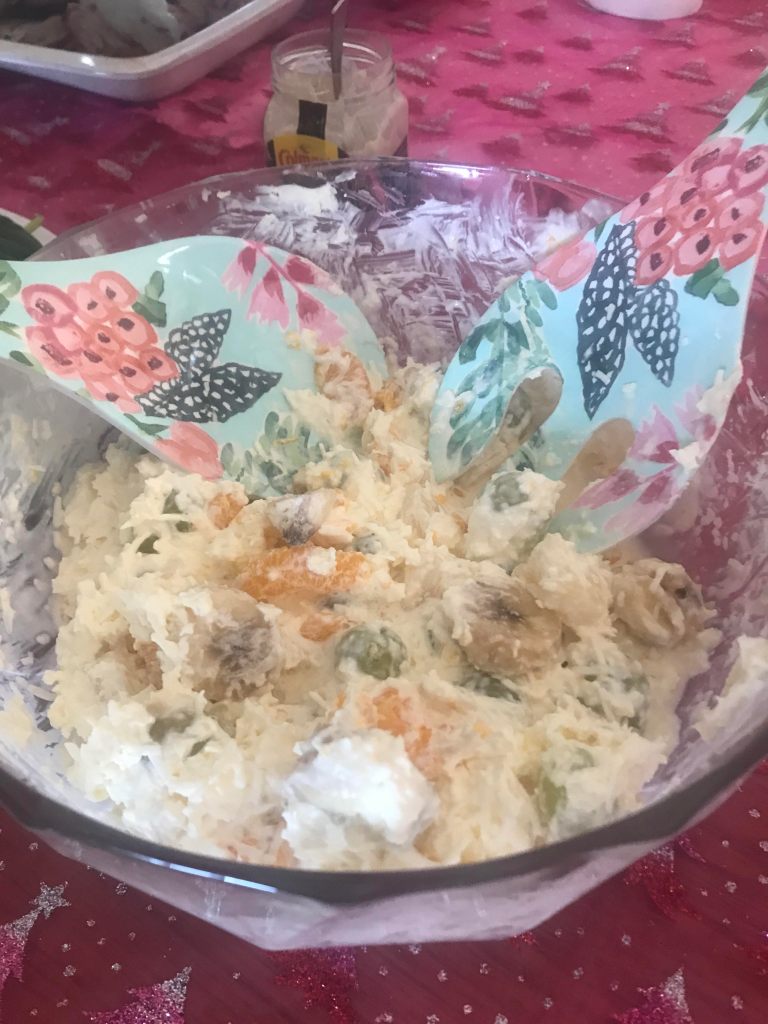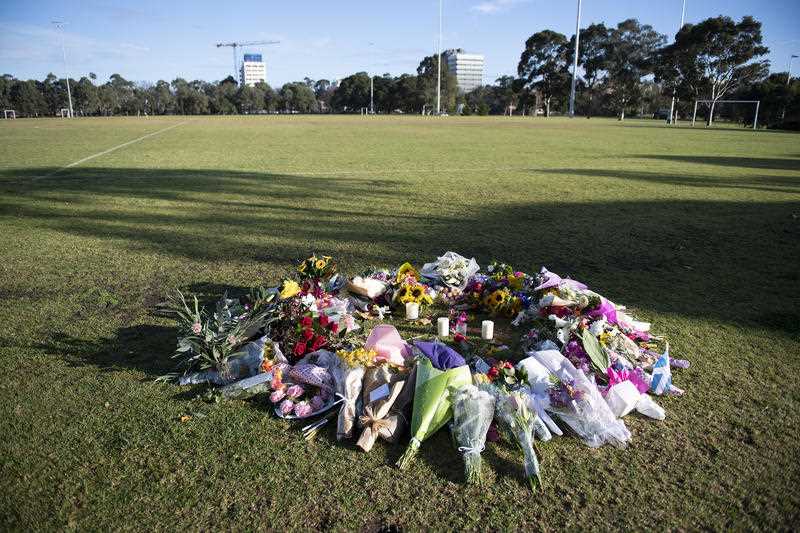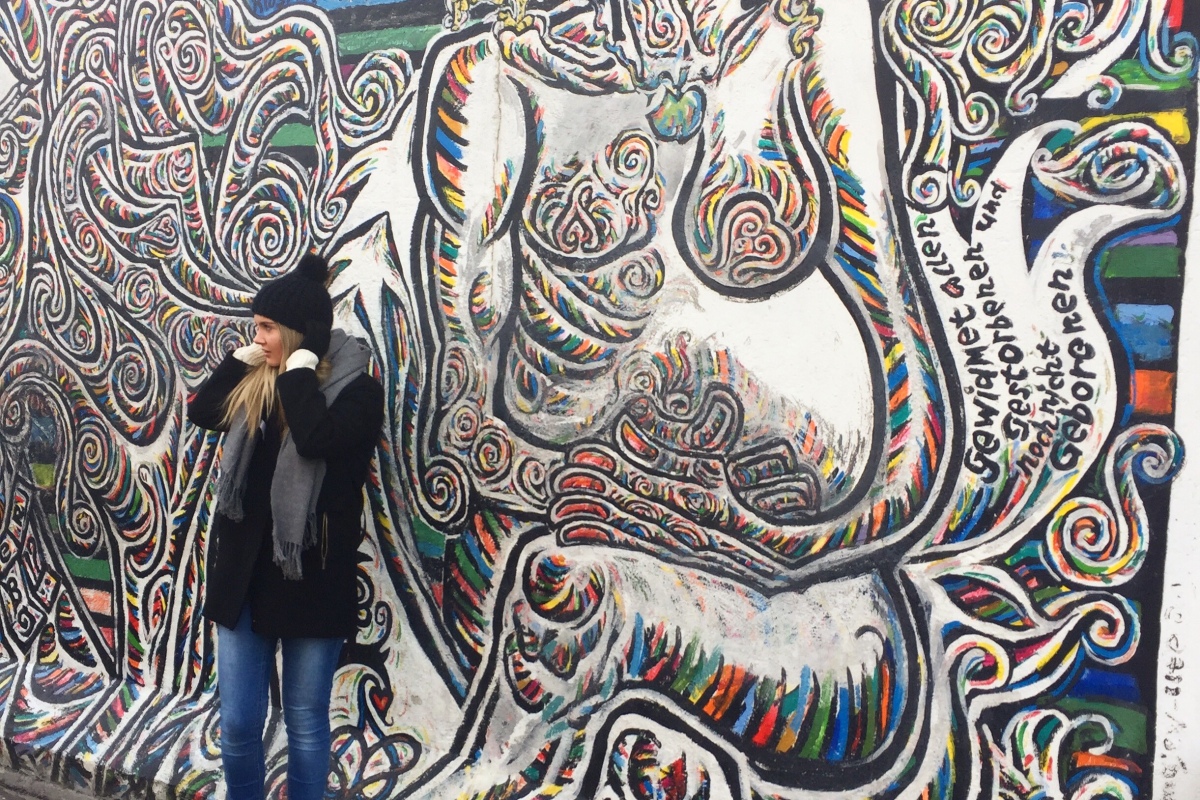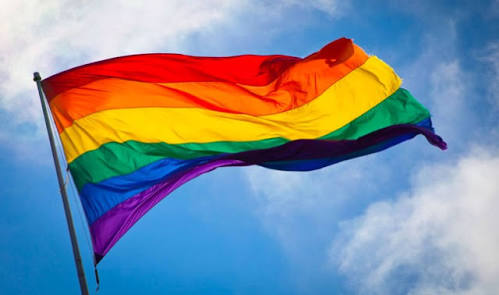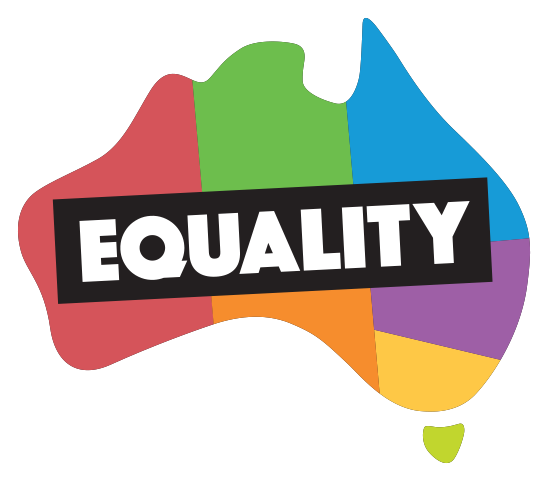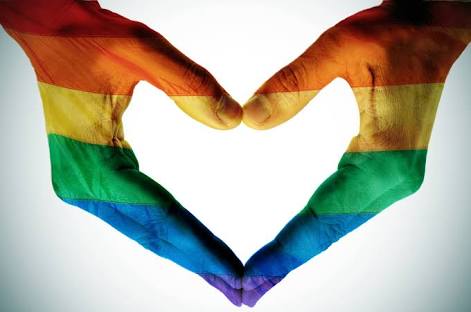My boyfriend and I have just wrapped up a wonderful holiday in Thailand. It was our first overseas holiday together and we celebrated our two year anniversary. Over these two weeks, our hair was always salty, our skin always slightly sweaty and we were so carefree that we almost forgot what our jobs were back home. In short, we were happy and we were relaxed.

As we were leaving our hotel one morning, the mood shifted. A few men had looked me up and down, and with that, our perfect little holiday bubble had been burst. But it wasn’t me who had noticed, and it wasn’t me who was bothered. It was my boyfriend, and he was pissed. My boyfriend swore, clenched his jaw and kept shaking his head as we continued down the street. I wasn’t really bothered by their stares and desperately tried to return us to our state of bliss. Initially, I was slightly frustrated by my boyfriend’s reaction. He’d changed the tone and yet the act wasn’t even directed at him. I wasn’t making a big deal out of it, so why should he? He’s not a possessive person by any means, but did his reaction border on possessive?
In the days since, I’ve had the time to analyse our varied reactions and I’ve come to a rather unsettling conclusion to explain the difference. My boyfriend’s reaction definitely wasn’t possessive, he reacted the way he did because this was new to him. On the other hand, I, like most women that I know, have been subject to this kind of behaviour since adolescence. Whether it be a hyper-sexualised comment, being honked at by a passing car, being whistled at or groped, or something much worse, so many women are all too familiar with these behaviours. In my earlier stages of womanhood, a look up and down would have made me feel nauseated, my eyes would have filled with tears and I would have questioned what I could have done differently to avoid that situation. But now, at 26, I’ve experienced too much and heard too many shocking stories that being ogled by men barely registers on my scale of objectification. However, for my boyfriend, who had never firsthand experienced or witnessed these things, it was confronting and sickening.
Upon reflection, the sad reality is that as women, we have to pick our battles. We have to choose which elements of sexism and harassment that we’re bothered by, and which elements we address. In turn, the instances that are more common are suddenly deemed insignificant and are barely noted. This has happened because if we don’t let them slide, we become exhausted, and our holidays, our night’s out, our walks along the beach, and sadly, even our careers, can become tainted. What’s more, you can be branded the girl who cried harassment, when it was just a bit of “banter”.
After discussing it with my boyfriend, he asked if he should be bothered by it, and whether I should be bothered by it. Until this incident, I hadn’t realised that I had internally raised the bar of what behaviours I find worthy of contempt. As a staunch feminist and somebody who is generally very self-aware, it has taken me by surprise. In answering the first part of my boyfriend’s question, I told him that he is allowed to feel whatever he feels. In answering the second component, I told him I wasn’t sure. But in writing this now, I know I have to destroy that bar that society has slowly but surely raised. I am going to sweat the little things. After all, it’s objectifying gazes and sexist remarks that feed the beast that is the patriarchy. We have put up with these behaviours for too long and I don’t want to disregard them anymore. I encourage you, to do the same.


